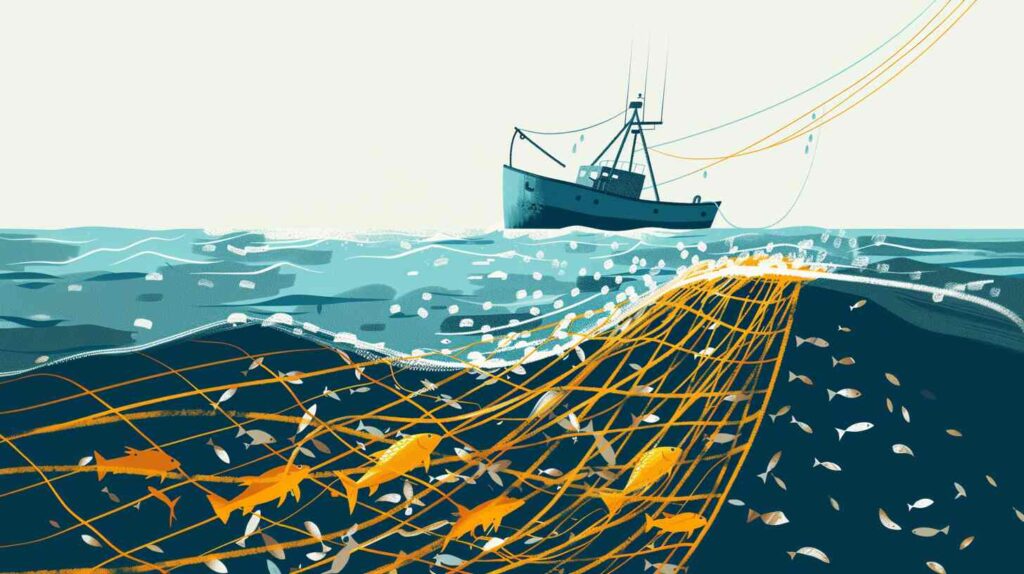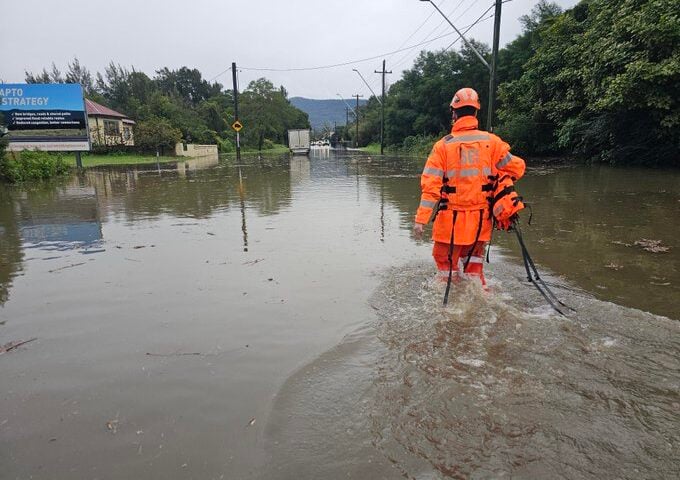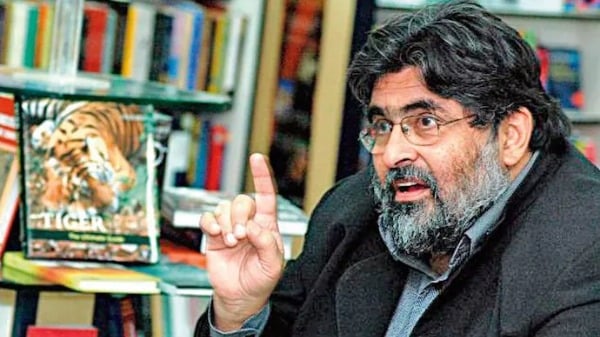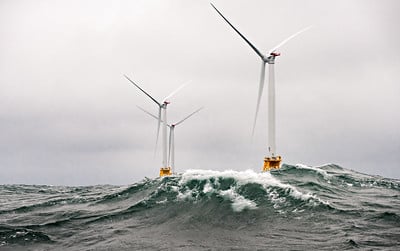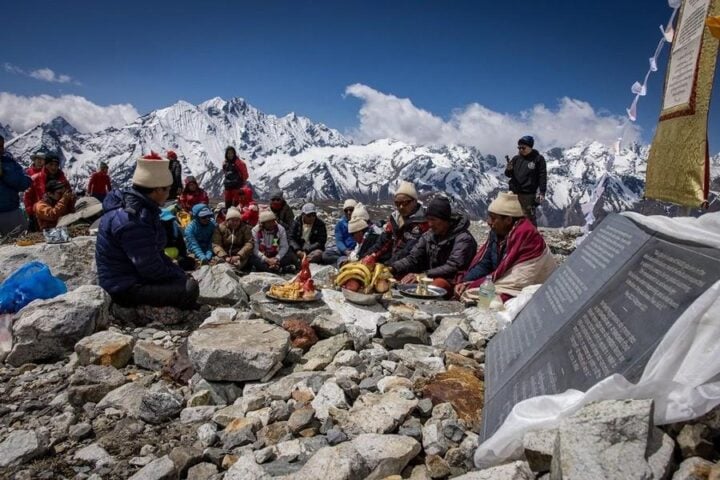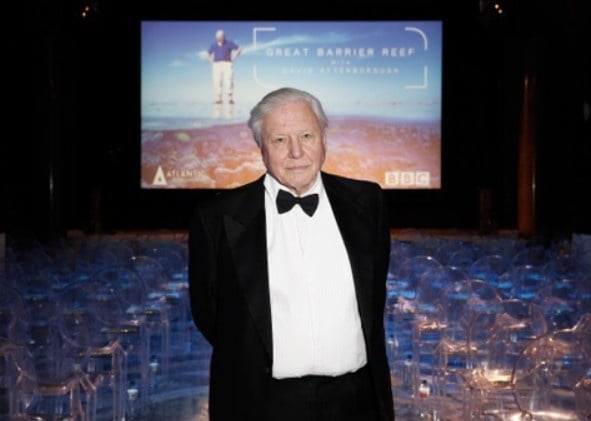Sonam Wangchuk, the Ramon Magsaysay award winner from Ladakh, has begun a protest-fast for the rights of Ladakhis. To promote total economic development and decision-making, the Ladakhis have been calling for the inclusion of Ladakh under the 6th Schedule. The topic has also been brought up in Parliament. The Constitution requires 50% of a region’s population to be tribal for the 6th Schedule to apply. Ladakh, with over 95% of its population as tribal, was expected to be added soon, it was believed. Wangchuk added in the clip that Union Minister Arjun Munda has also promised to do so. Now it seems he is under house arrest in his campus of the Himalayan Institute of Alternatives, Ladakh (HIAL). A solution to the problem of Ladakh might be announced soon in view of the fast-approaching announcement of general elections.
Sonam was born on 1 September, 1966, at the village Alchl, Ladakh. He got his BTech degree in mechanical engineering from National Institute of Technology, Srinagar. Later, he was awarded a DSA (Earthen Architecture) by Craterre, France. He is an innovator and education reformer.
He became famous as the founding director of the Students’ Educational and Cultural Movement of Ladakh (SEMCOL), an NGO founded in 1988. The SEMCOL is headquartered at Leh, Ladakh, and aims at reforming the educational system of Ladakhis. The activities of SEMCOL include working to reform the government school system, helping village students in their education, awakening youth to the problems stemming from inappropriate and insensitive schooling, producing related videos and radio programs, and designing and building solar-heated eco-friendly buildings. Under Wangchuk’s guidance, SEMCOL students are able to generate renewable energy and develop innovative technologies to address concerns of the school and Ladakh villages.
Seeing how climate change has affected the natural water supply for agriculture, Wangchuk seized on the idea of building artificial glaciers in the form of “Ice Stupas” – conically shaped ice mountains that store water in winter and in the summer melt gradually to supply farm irrigation water. A natural innovator, Wangchuk works out of local experience and optimistic innovations. He confidently says, “The possibilities are endless.”
Similar Posts
Wangchuk was instrumental in the launch of Operation New Hope in 1994, a collaboration of government, village communities, and civil society to bring reforms in the government school system. Born in 1966 in Alchi in the Leh district of Ladakh, Wangchuk was not enrolled in a school until the age of 9, as there were no schools in his village. His mother taught him all the basics in his own mother tongue until that age. His father, Sonam Wangyal, a politician who later became the minister in the state government, was stationed in Srinagar. At the age of 9, he was taken to Srinagar and enrolled in a school there. Since he looked different compared to the other students, he would get addressed in a language that he did not understand. As a result, he was considered as not intelligent. He considers this period as a dark one in his life.
He became famous as he inspired the popular Hindi film 3 Idiots directed by Aamir Khan. Wangchuk is in the news now as he is on an indefinite fast to press for his demands for the betterment of life of Ladakhis. From a military perspective, Ladakh is essential and played a role in the Kargil and other conflicts. Wangchuk expresses worry about the potential for corporate expansion in the union territory, which is anticipated to add to the already severe shortage of resources like water. Mining and other comparable activities may cause glaciers to melt. In the video, he explained, Ladakh, also known as the “third pole” of the Earth, is dealing with serious issues as he mentions the 6th Schedule of the Indian Constitution.

